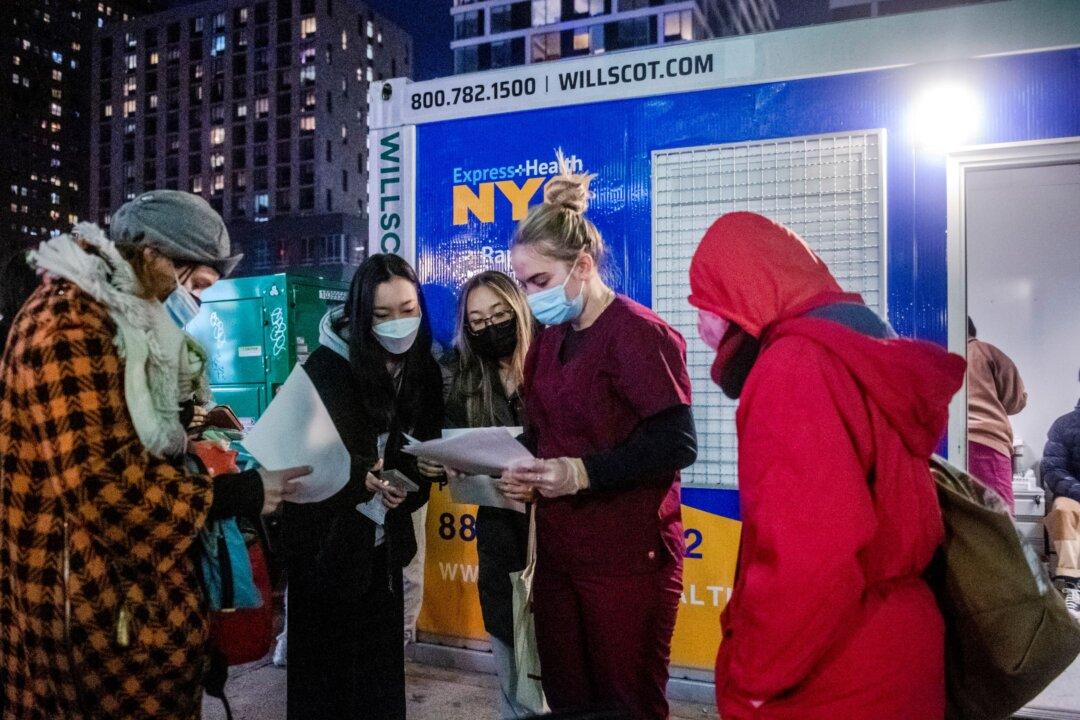A leading health professor said COVID-19 case numbers should not be considered a major metric for policymakers amid the spread of the Omicron variant as recent data suggests that it causes less severe symptoms and fewer hospitalizations.
“For two years, infections always preceded hospitalizations which preceded deaths, so you could look at infections and know what was coming,” Ashish K. Jha, dean of Brown University and a former Harvard professor, told ABC’s “This Week” on Sunday. “Omicron changes that. This is the shift we’ve been waiting for in many ways.”





